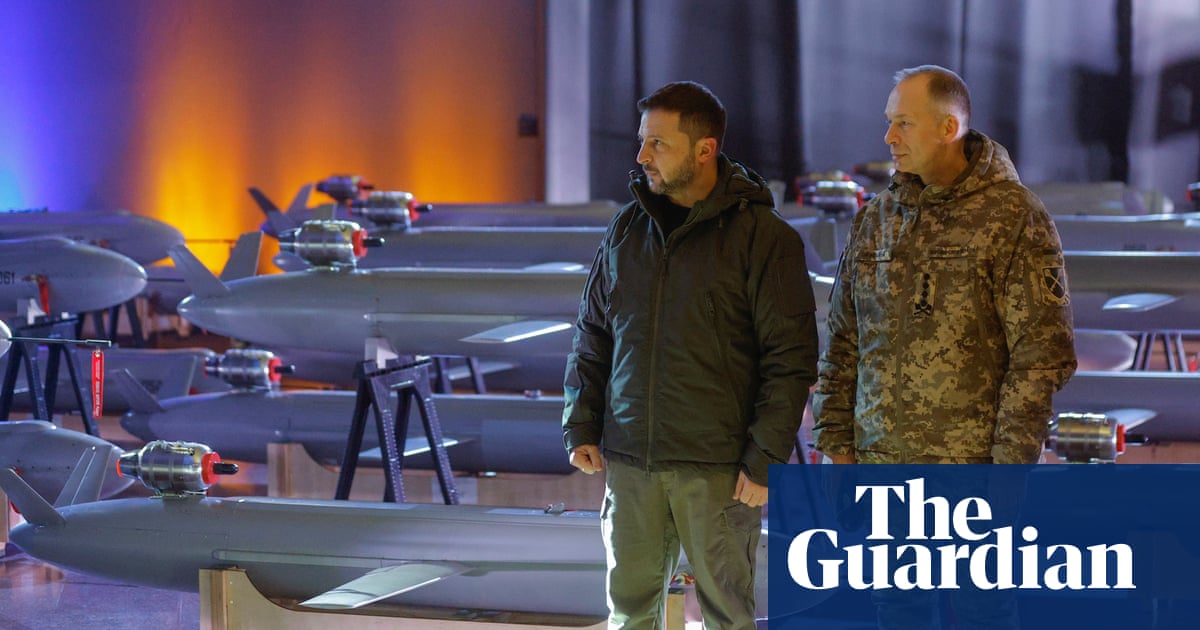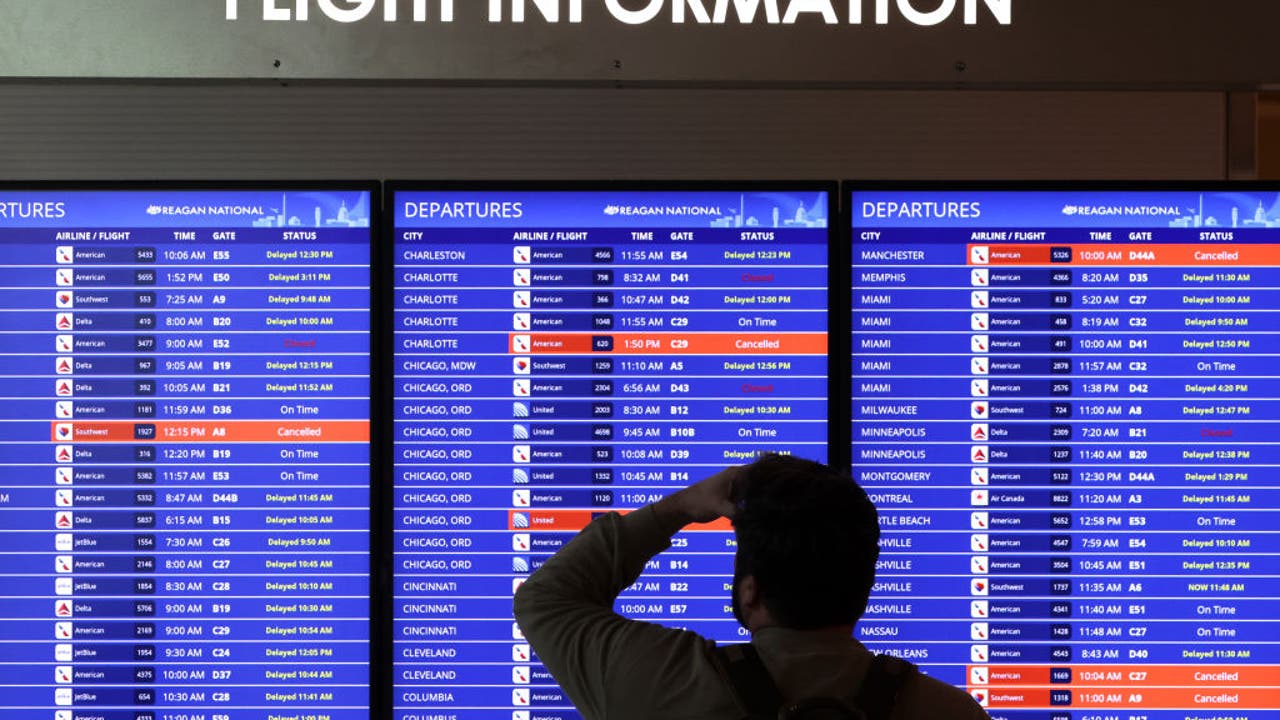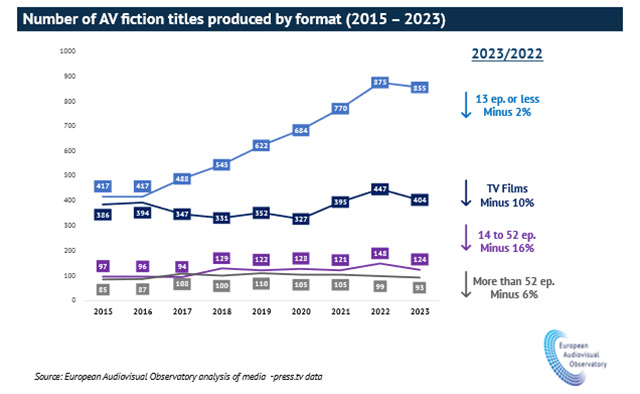World
Europe may have to double its aid for Ukraine under Trump, diplomats fear

European military aid to Ukraine may eventually need to be doubled if Donald Trump cuts off US funding, European diplomats fear, but Ukraine is confident with already announced US aid this year that it has the military and budgetary support to keep fighting through 2025.
The former EU foreign affairs chief, Josep Borrell, has also recommended a step-change in Ukraine’s domestic arms manufacturing during 2025, believing it the cheapest and most efficient way for Ukraine to keep fighting.
European officials are meanwhile confident that Ukraine will receive a $50bn (£39bn) loan repaid from the interest earned on frozen Russian assets of $280bn that was announced in October by G7 countries.
The US is expected to cover $20bn of the loan with the first US tranche to be paid before Donald Trump takes office, but it is not clear if the president-elect could later legally pull out of the arrangement in an attempt to force Ukraine to the negotiating table.
Officials from the EU believe that, even in this situation, they could agree to make up most of the shortfall.
Europe has provided €46bn in military aid to Ukraine since the Russian invasion and the US approximately €65bn. This is separate from aid to help fund Ukraine’s debt.
The Biden administration is pushing through military aid packages before Trump’s inauguration in January, though some European diplomats fear that if the war does continue beyond 2025 and European military aid does need to be doubled it could prove impossible politically owing to the surge in support for populist parties across Europe.
Borrell, speaking at the Grand Continent summit in Italy, insisted the west could still help strengthen Ukraine’s hand by boosting domestic arms manufacturing. “If you want to support Ukraine’s war effort, give them money to develop their own defence industrial capacity,” he said. “It is much more efficient than buying weapons here in Europe, reimbursing and sending. Ukrainian engineers have shown an incredible capacity to quickly produce the things that they need.”
Ukraine is already planning to produce at least 30,000 long-range drones and 3,000 cruise missiles and drone missiles next year.
Borrell also warned Russia’s electronic warfare meant that 80% of the mainly US-supplied 155mm guided artillery shells were being jammed, requiring Ukraine to revert to using cheaper and less precise munitions that could not be blocked.
Ukraine’s finance minister, Serhiy Marchenko, said he was confident Ukraine had the funds and budget to fight in 2025.
Despite growing speculation over potential Trump-driven ceasefire talks in the new year, Marchenko warned Ukraine must be prepared for “a long marathon” and not an end to fighting.
“Do not create expectations that next month or maybe next year this war will somehow end,” he urged, describing such thinking as magical. “So what are we going to do in 2025? We are going to fight. We are capable and able to fight this war for the whole of 2025 so it is not a time to hesitate, but a time to increase support for Ukraine.
“Despite the loss of territory, the civilians killed and the army exhausted, it is still necessary to think about a long-term strategy to gain a fair victory for Ukraine.”
He also implicitly warned the US that: “It’s not going to work to withdraw funds from Ukraine and think there will be a surrender.”
The EU and Ukraine are privately trying to convince the next Trump administration that the Ukrainian leadership should at least be given another year of support to see if it can push back Russia, or test whether sanctions start to inflict more serious damage on the Russian economy. Ukrainian officials met the US vice-president elect, JD Vance, in Washington this week.
But diplomatic discussions are in flux, with some European countries, especially France and UK drawing up fall-back plans for a non-Nato “coalition of the willing” to act as a peacekeeping force or guarantor inside Ukraine in the event of Vladimir Putin agreeing a ceasefire in which Russian captured territory is not handed back to Ukraine.
The president of Ukraine, Volodymr Zelenskyy, has suggested ending the “hot phase” of the war in exchange for Nato membership for the Ukrainian territories not occupied by Russia.
But discussions are still at an early stage and the UK has, for instance, not abandoned seizing all of Russia’s frozen assets and handing them to Ukraine, a move that unnerves some allies.
Marchenko also admitted western-supplied tanks such as Abrams and Leopards are less useful than artillery since they are too exposed to drone attack when deployed.
“Modern warfare is a combination of a first world war grinding battlefield between troops that try to grab one metre of territory with artillery in support, and then a lot of drones,” he said.
In the last six months, the biggest request from Ukraine’s ministry of defence was for additional drones, he said. The number fired at Ukraine was about 300 drones a month in June, but that figure has now risen to 3,000. “Winter will be hard but business is prepared with enough generators,” he added.
Marchenko also expressed frustration with the continued flow of Russia’s crude oil exports that earn Russia up to $20bn a month. He said he personally would like Russia’s shadow fleet of oil tankers to be targeted militarily.










